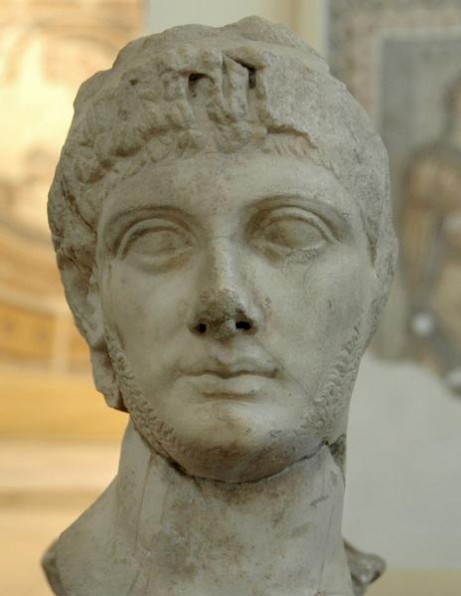Alexandria near Issus
Q174341Alexandria near Issus: town, founded by Alexander the Great or one of his Successors, modern Iskenderun.

Alexander the Great founded Alexandria near Issus probably almost immediately after the Battle of Issus (November 333) on the site of the camp of Parmenion, where the advance of the Macedonian army to the battlefield had started. The site controls the coastal road and the "Syrian Gate" leading to the plain of Sochi (and beyond to the Euphrates and Mesopotamia); it also boasts an excellent harbor.
The identification of this city with modern Iskenderun is certain and the oldest archaeological remains appear to date back to the last quarter of the fourth century BC. Still, it is a bit troubling that our sources do not mention that Alexander ordered the construction of this city. It may have been founded by one of the Successors.
Alexandria was a successful city that soon eclipsed nearby Issus, which was abandoned before 50 BCE. The nearest remaining competitor was Seleucia, the port of Antioch; both cities were founded by Seleucus I Nicator. In the first year of the Laodicean (or Third Syrian) War (246-241), Seleucia was captured by the Ptolemaic king Ptolemy III Euergetess, while Antioch remained in Seleucid hands. This offered a boost to Alexandria, but when Seleucia was reconquered in 219 by Antiochus III the Great, it soon eclipsed its rival.